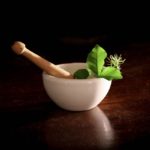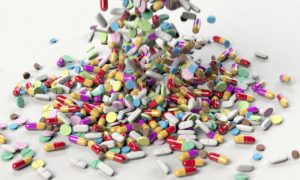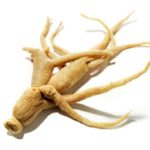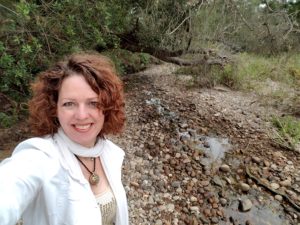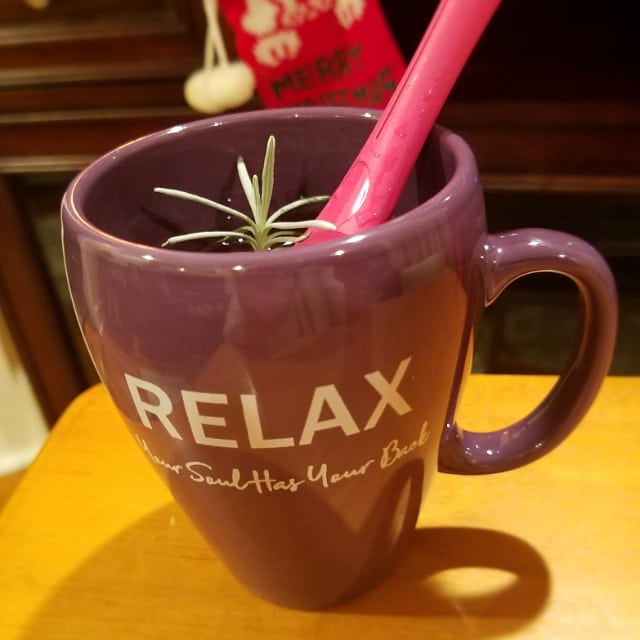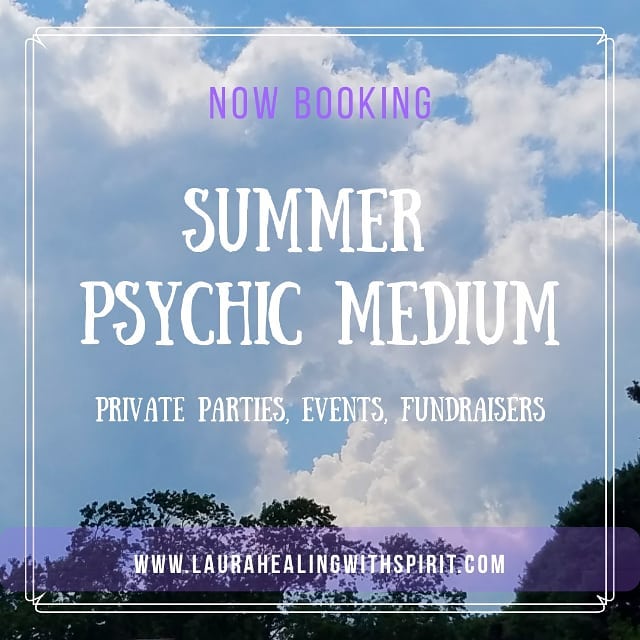Preventative Tips on Staying Healthy
There is so much frenzy going on regarding the cornonavirus. I won’t belabor what is wrong.
So with that said, I felt I wanted to share with you MY tips to keep yourself healthy and boost your immune system. We forget that our bodies are designed to heal themselves. What I want to propose are ways to help strengthen your mind, body, and spirit during this crisis.
First, outside the basics of what is already flooded everywhere on the internet and social media such as good hand washing, minimize social contact, stay home if sick etc, there is more. I will NOT go into all that, but instead I will go into the OTHER stuff that sometimes is not addressed in the mainstream.
Are you ready for some of my home remedy tips?
Before we start, I would like to say, I do NOT do all of these at once. I pause. I listen to my body for what it needs intimately. Over the years in healing myself and my body, I have learned the power of building a relationship with my body and know what various emotional triggers, sensations, pains etc represent to me.
I encourage you to build a relationship with your body as it knows best what it needs. The body carries within it, infinite wisdom for your healing needs.
With that said, I will usually do a combination of these based on what I feel my body needs at that time. In this post I will address:
- The herbal and vitamin tips
- Things to increase
- Eat more …
- Things to avoid
- and final thoughts
Here are my general recommendations:
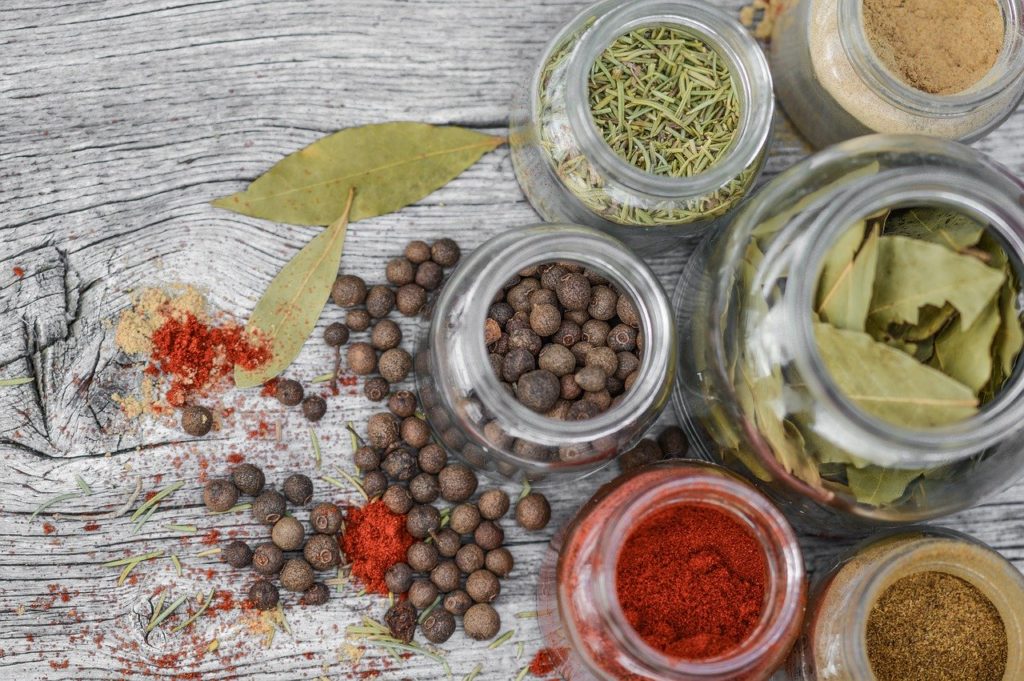
The Herbal and Vitamin Tips
- Elderberry: Elderberries have been used traditionally, and in some observational and clinical studies, as supportive agents against the common cold and influenza. (NCBI)
- Turmeric (click here) has long been recognized for its medicinal properties. It aids in the management of oxidative and inflammatory conditions, metabolic syndrome, arthritis, anxiety, and hyperlipidemia. (NCBI). My favorite way of taking this is: turmeric root shaved 1 tsp (if only have access to spice powder then substitute), dash of cracked pepper in 6-8oz of hot water. Seep for 5min. Drink all. This is a chemical thing. Personally. I have found this combo work as effectively as other anti-inflammatories without the added side effects of liver and/or kidney damage. Click here for other top 10 evidence based benefits.
- Vitamin D and Vitamin K2: Vitamin D has important roles in addition to its classic effects on calcium and bone homeostasis as well as immunity. I personally take 6000 IU of Vitamin D3 with added K2. Vitamins D and K are both fat-soluble vitamins and play a central role in calcium metabolism. Studies suggest that optimal concentrations of both vitamin D and vitamin K are beneficial for bone and cardiovascular health. (NCBI)
- Zinc and vitamin C: Supplementation of vitamin C was found to improve components of the human immune system such as antimicrobial and natural killer cell activities, lymphocyte proliferation, chemotaxis, and delayed-type hypersensitivity (PubMed). Likewise, zinc also plays a role in immune function.
- Probiotics: A prospective study of probiotic supplementation results in immune stimulation and improvement of upper respiratory infection rate (NCBI). Considering the coronavirus attacks the lungs, this might be something very easily dismissed in its role by the mainstream. We forget that gut health is paramount for overall health.
- Honey: Honey clasps several medicinal and health effects as a natural food supplement. It has been established as a potential therapeutic antioxidant agent for various biodiverse ailments. Studies show it exhibits strong wound healing, antibacterial, anti-inflammatory, antifungal, antiviral, and antidiabetic effects. It also retains immunomodulatory, estrogenic regulatory, antimutagenic, anticancer, and numerous other vigor effects. Research also shows that honey, as a conventional therapy, might be a novel antioxidant to abate many of the diseases directly or indirectly associated with oxidative stress (PMC). Personally, I choose raw organic unfiltered honey that is local or manuka honey for therapeutic treatment. Manuka honey has shown it kills bacterial pathogens.
- EZC Pak – This is a physician directed tapered immune support pack with high concentrations of organic Echinacea, Zinc, and Vitamin C. EZC Pak (click here) is one of the main things I personally took (on top of the other recommendations above) in December 2019 with some odd virus that was unlike anything I have ever had after travelling abroad in the fall. It was so odd, I actually researched “international diseases” for travelers aka warnings etc. Was it COVID19 I had? … I am not 100% sure, but my symptoms matched it perfectly, and I am sure this is also was killed my beloved Ava.

Things to Increase:
Rest & Sleep:
Have you noticed that when you do not get enough sleep, you are prone to getting sick? Not getting enough sleep can lead to higher levels of a stress hormone. It may also lead to more inflammation in your body.
Most of our body’s ability to repair itself happens when we are at rest. So ensuring we get enough rest is important. Also, increasing the dosage of sleep might be needed as forecast moving through the energies of 2020.
One new study has explained how sleep contributes to the proper functioning of the immune system (Medical News Today).
Meditation
Meditation boosts antibodies. A recent study confirmed that, after being given weekly meditation training for 8 weeks, 48 biotech workers had significantly higher levels of antibodies than the control group.
Meditation stimulates immune system brain-function regions. Mindfulness meditation has shown increases in electrical activity in the prefrontal cortex, the right anterior insula, and right hippocampus, all parts that control positive emotions, awareness, and anxiety. These are also the areas of the brain that act as a command center for your immune system. When stimulated, they make the immune system function more effectively (The Chopra Center)
DON’T KNOW HOW OR STRUGGLE: Practice being present and try some mindful breathing or go into nature and UNPLUG from your devises. Sometimes 5-10 min a day is all the body needs.
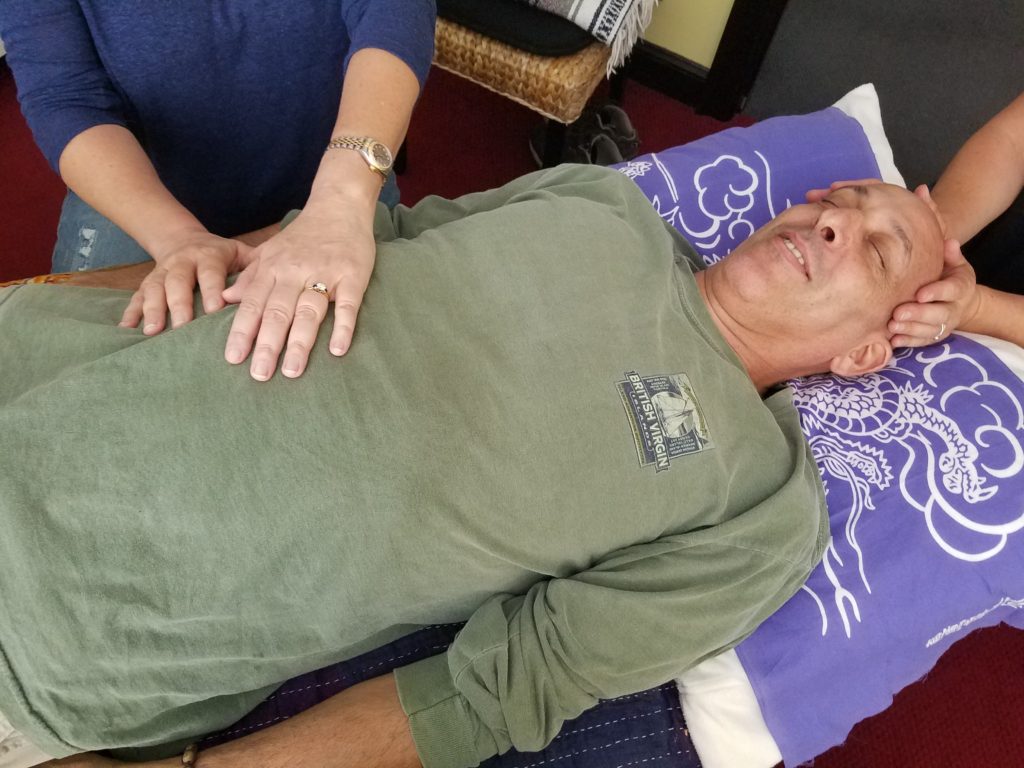
Reiki
Reiki is a Japanese complementary alternative mind body medicine therapy that works with the human body’s bioenergy field.
Our bodies are designed and fully equipped to heal themselves, but many of are so use to looking for external solutions, we may have forgotten. Reiki taps into those innate healing abilities. By doing to, it can also promote the body’s natural immune response.
Jikiden Reiki practitioners, for instance, are trained to sense levels of toxins present in the physical body. Reiki is then used to intensively promote detoxification and a return to the body’s normal homeostasis. When minor sicknesses, such as coughs and colds are being treated, they will typically move through the body much faster than usual.
Yoga
Yoga is a mind and body practice with a 5,000-year history in ancient Indian philosophy. Various styles of yoga combine physical postures, breathing techniques, and meditation or relaxation. (Medical News Today)
Research published in the Journal of Behavioral Medicine suggests that yoga can be helpful way to boost your immune system and decrease inflammation in the body. (Psychology Today)

Massage
There is growing body of research indicates massage therapy can benefit the immune system. Researchers have reported people who undergo massage experience measurable changes in their body’s immune and endocrine response. (Science Daily)
Thai Chi, Exercise, etc
With age, our immune systems become less nimble and not quite as ruthless. The number of T cells drop. The B cells also start to wind down, making fewer antibodies that respond to outside intruders and more errant ones that turn on the body itself.
Small studies have yielded some evidence that exercise seems to re-energize the immune system (Harvard Medical School)
Tai chi might have a strong effect on the immune system because it manages to bring exercise, relaxation, and meditation together in “one behavioral intervention,” the researchers said. They theorized that tai chi enhances T cell activity by quieting the nervous system’s “fight or flight” response, which can, in certain circumstances, interfere with the immune system. (Harvard Medical School)
Shin Rin Yoku
This is a Japanese term otherwise known as “forest bathing”. Current literature supports the comprehensive health benefits of exposure to nature and green environments on human systems on something that has been incorporated as part of the Shinto culture in Japan to decrease undue stress, potential burnout and “technostress.” (NCBI)
Studies have also found that “forest bathing” has “positive physiological effects, such as blood pressure reduction, improvement of autonomic and immune functions, as well as psychological effects of alleviating depression and improving mental health” (NCBI).
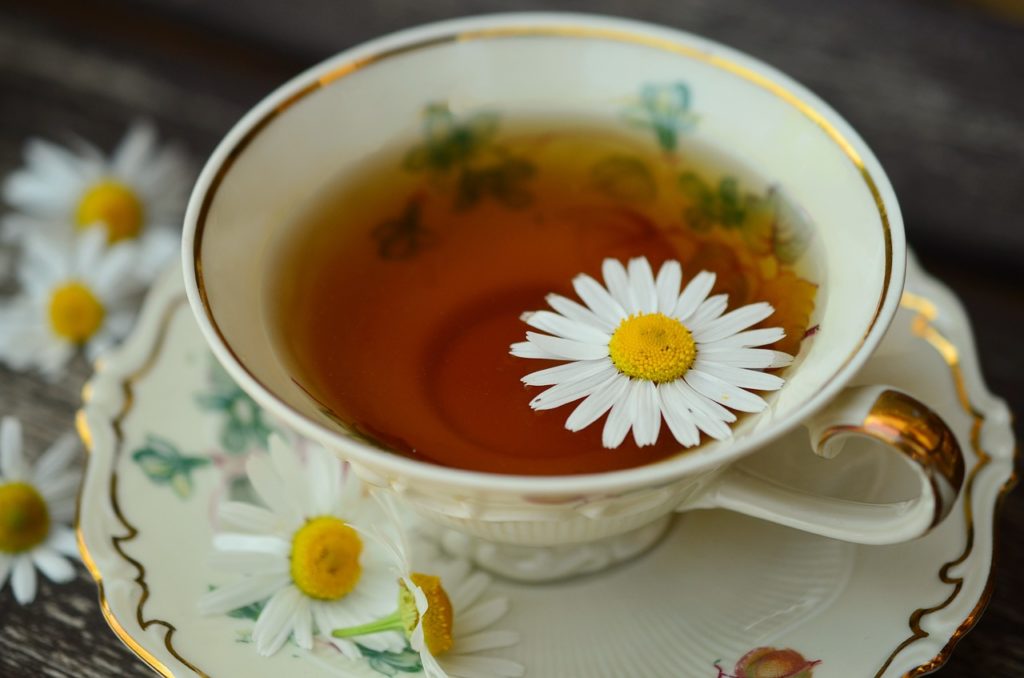
Eat more …
- leafy greens such as spinach and kale,
- bone broth is the secret ingredient in our mother’s chicken soup with all sorts of yummies for our immune health,
- seaweed ( I like sneaking it in soups),
- organic “berries” such as raspberries, blackberries, and blueberries
- fresh rosemary,
- holy basil,
- fresh parsley,
- ginger root – in teas, soups, dishes,
- raw garlic has been shown to help fight viruses and bacteria. I eat this generously on the daily whether on toast or in dishes. It is one of my favorite go to foods.

… Things to Avoid …
Stress – Avoid or Minimize
Stress or at least work towards minimizing and taking steps to release stress when necessary. When we’re stressed, the immune system’s ability to fight off antigens is reduced. That is why we are more susceptible to infections. Check out Stress, Illness and the Immune System.
WHAT TO DO: You can try CBD to help cope with stress which targets the endocannabinoid system.
Some studies suggest that cannabinoids like THC and CBD are immunosuppressant, which can explain the relief experienced by medical cannabis users with autoimmune diseases and chronic inflammation. Other studies have shown that regular cannabis use can increase white blood cell counts in immunodeficiency disorders such as HIV, suggesting an immune-boosting effect.
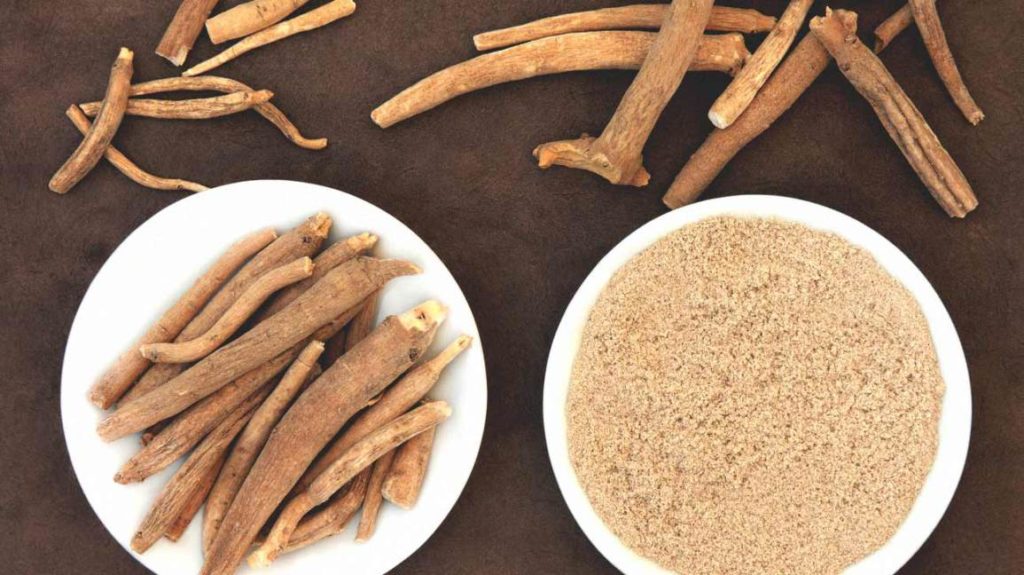
You can also try taking Ashwagandha if you feel you need added support for your stress which supports adrenal type stress. This is one of my personal go to adaptogenic herbs that have helped me and others I know with underlying causes for stress such as PTSD. You can read here “Why Ashwagandha Root Could Be The Cure For The Western Epidemic of Stress Related Illness”.
Processed Foods: Avoid or Minimize
Research shows that dietary habits influence disease risk. Poor diet quality is implicated in almost every disease and health issue. Processed foods harm your gut bacteria and promote insulin resistance, chronic inflammation, and overall disease risk (NCBI).
WHAT TO DO: Research indicates that diets abundant in plant foods and low in processed products strengthen your health (Healthline). Choose whole grains and things that do NOT come in a box.
Alcohol: Avoid or Minimize
Clinicians have long observed an association between excessive alcohol consumption and adverse immune-related health effects such as susceptibility to pneumonia and more recently to a greater likelihood of acute respiratory stress syndromes (ARDS), sepsis, alcoholic liver disease (ALD), and certain cancers; a higher incidence of postoperative complications; and slower and less complete recovery from infection and physical trauma, including poor wound healing (NCBI).
Alcohol can cause dehydration and lower immune system function, which may worsen cold symptoms as well as adversely affect other cold and flu medications. Therefore, reducing alcohol consumption would be a wise move at this moment unless you are a hot toddy type of person.
EXCEPTION: Some suggest the warm beverage’s ingredients of a hot toddy are known to alleviate cold symptoms. Whiskey, specifically, also contains the antioxidant ellagic acid, which studies suggest may help treat viral and bacterial infections (Fatherly)
Processed Sugar: Avoid or Minimize
A high-sugar diet (HSD) induces Type 2 diabetes (T2D) and obesity, which severely threaten human health including immune response. (PubMed). Eating or drinking too much processed sugar curbs immune system cells that attack bacteria.
WHAT TO DO: When it comes to viral infections, eat healthier forms of sugars found in fruits, vegetables, and honey (as mentioned above), which are rich in nutrients like vitamins C and E, plus beta-carotene and zinc. Go for a wide variety of brightly colored fruits and vegetables, including berries, citrus fruits, kiwi, apples, red grapes, kale, onions, spinach, sweet potatoes, and carrots (WebMD)
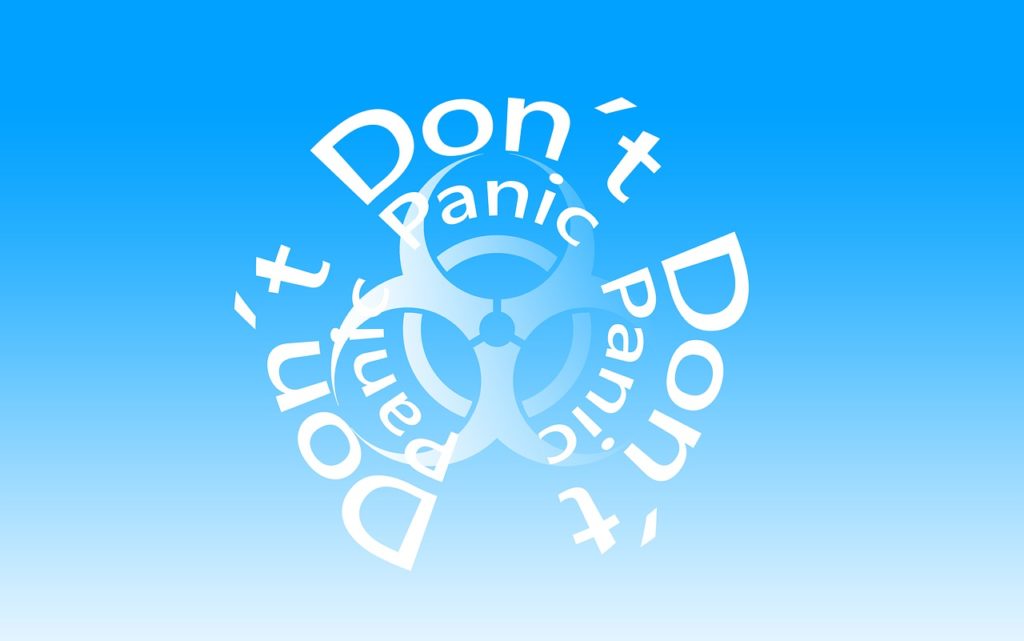
Dairy: Avoid or Minimize
Dairy is a known inflammatory food and gut disruptor that can aggravate health conditions, such as: eczema, asthma, acne, mood disorders, autism, many autoimmune conditions, especially type 1 diabetes, inflammatory bowel disease and more.
ALTERNATIVES: Healthier options include goat milk, flax seed milk, hemp milk. If you MUST do the dairy thing, I suggest things like yogurt and butter are generally ok, but avoid milk, cheese, ice cream.
… Finally,
What I have provided here is just a guide. There are so many other alternative and complimentary therapies that would be beneficial. I just wrote about what is in my filters of knowledge and expertise backed by research and other credible information.
I would sincerely like to know if what you found here was helpful to you during these crazy frenzied times we are currently in.
I was told my my wise Osteopathic physician father who has been practicing medicine for over 40+ years tell me, prevention is the best medicine.
Prevention includes making life style changes as well because a pill, an herb, a treatment session is still just a band aid in many situations if you do not correct the underlying culprit.
And as I stated earlier, this is a BIG year energetically where we are being called to do the needed inner spiritual work.
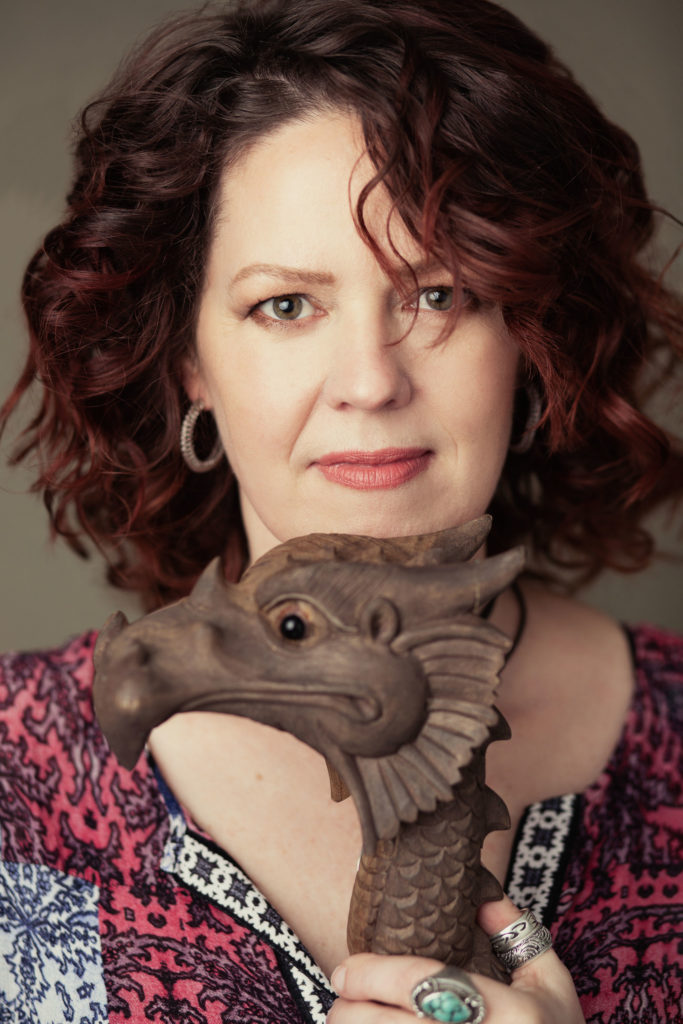
Spiritual bypassing will no longer be an acceptable route to take moving forward. If you missed my 2020 energetic forecast earlier this year, you can click here for the full post including tips to help you navigate these energies.
If you are unsure as to what works and doesn’t work for you, book an integrative holistic health appointment with me today.
Thank you for supporting me and my work
With appreciation,
Laura
Spiritual Medium, Healer, Speaker, Writer, Metaphysician, Advocate, Holistic Health Practitioner, Facilitator, Trauma Specialist, Empowerment Specialist and Spiritual Badass.
For more information about classes, click here and our events calendar, click here.
To book a private session, click here.
Follow me on Facebook, Instagram, LinkedIn, YouTube.
Disclaimer
Please note that content on this website is intended for informational purposes only, and is not intended as a substitute for the advice provided by your physician or other healthcare professional, not is it meant to diagnose or treat a health problem, symptom or disease. Always speak with your physician or other healthcare professional before taking any medication or nutritional supplement, or using any treatment for a health problem. If you have or suspect that you have a medical problem, contact your health care provider promptly. Do not disregard professional medical advice or delay in seeking professional advice because of something you have read on this website. Information provided on this website DOES NOT create a doctor-patient relationship between you and any doctor affiliated with our website.
References
6 Foods That Cause Inflammation; Healthline; Franziska Spritzler, RD, CDE on November 12, 2019
10 Proven Health Benefits of Turmeric and Curcumin; Healthline; Kris Gunnars, BSc; July 13, 2018
A comparative study of the physiological and psychological effects of forest bathing (Shinrin-yoku) on working age people with and without depressive tendencies; National Center for Biotechnology Information, U.S. National Library of Medicine; Akemi Furuyashiki, Keiji Tabuchi, Kensuke Norikoshi, Toshio Kobayashi, and Sanae Oriyama; June 22, 2019
Adults demonstrate modified immune response after receiving massage, researchers show; Cedars-Sinai Medical Center; Science Daily; September 9, 2010.
Alcohol and the Immune System; National Center for Biotechnology Information, U.S. National Library of Medicine; Dipak Sarkar, Ph.D., D.Phil., M. Katherine Jung, Ph.D., and H. Joe Wang, Ph.D. ; 2015
A high-sugar diet affects cellular and humoral immune responses in Drosophila; PubMed; 2018 Jul 15;368(2):215-224. doi: 10.1016/j.yexcr.2018.04.032. Epub 2018 May 1.
Alterations in brain and immune function produced by mindfulness meditation; National Center for Biotechnology Information, U.S. National Library of Medicine; Davidson RJ, Kabat-Zinn J, Schumacher J, Rosenkranz M, Muller D, Santorelli SF, Urbanowski F, Harrington A, Bonus K, Sheridan JF. ; 2003
A nutrition strategy to reduce the burden of diet related disease: access to dietician services must complement population health approaches; National Center for Biotechnology Information, U.S. National Library of Medicine; Leonie Segal and Rachelle S. Opie; 2015
Biofield Science and Healing: An Emerging Frontier in Medicine; National Center for Biotechnology Information, U.S. National Library of Medicine; Shamini Jain, PhD, John Ives, PhD, Wayne Jonas, MD, Richard Hammerschlag, PhD, David Muehsam, PhD, Cassandra Vieten, PhD, Daniel Vicario, MD, Deepak Chopra, MD, FACP, Rauni Pritten King, RN, MIH, CHTPI, and Erminia Guarneri, MD, FACC; 2015
Can Food Act as Medicine? All You Need to Know; Healthline; Jillian Kubala, MS, RD on August 8, 2019
Cannabinoid-induced apoptosis in immune cells as a pathway to immunosuppression; National Center for Biotechnology Information, U.S. National Library of Medicine; Sadiye Amcaoglu Rieder, Ashok Chauhan, Ugra Singh, Mitzi Nagarkatti, and Prakash Nagarkatti; 2010
Curcumin: A Review of Its’ Effects on Human Health; National Center for Biotechnology Information, U.S. National Library of Medicine; Susan J. Hewlings and Douglas S. Kalman; 2017 Oct 22
Dairy: one of the biggest immune system stressors; Darou Wellness; Dr. Shawna Darou, ND;
Elderberry Supplementation Reduces Cold Duration and Symptoms in Air-Travellers: A Randomized, Double-Blind Placebo-Controlled Clinical Trial; National Center for Biotechnology Information, U.S. National Library of Medicine; Evelin Tiralongo, Shirley S. Wee, and Rodney A. Lea ; 2016 Mar 24
Honey as a Potential Natural Antioxidant Medicine: An Insight into Its Molecular Mechanisms of Action; National Center for Biotechnology Information, U.S. National Library of Medicine; Sarfraz Ahmed, Siti Amrah Sulaiman, Atif Amin Baig, Muhammad Ibrahim, Sana Liaqat, Saira Fatima, Sadia Jabeen, Nighat Shamim, and Nor Hayati Othman; January 18, 2018
How does yoga work?; Medical News Today; Hannah Nichols; September 25, 2018
How Meditation Helps Your Immune System Do its Job; The Chopra Center; Deepak Chopra, M.D 1/14/15
How sleep can boost your body’s immune response; Medical News Today; Maria Cohut, Ph.D; February 13, 2019
Immune-enhancing role of vitamin C and zinc and effect on clinical conditions; PubMed; Wintergerst ES, Maggini S, Hornig DH. ; 2006
In Brief: Tai chi gives immune system a boost; Harvard Medical School; Harvard University Publications; 2007
Is a Hot Toddy Really Good for a Cold? Doctors Explain; Fatherly; Lauren Vinopal; Nov 11 2018
Jikiden Reiki® Services; Healing With Spirit
Modulation of Gut-Specific Mechanisms by Chronic Δ9-Tetrahydrocannabinol Administration in Male Rhesus Macaques Infected with Simian Immunodeficiency Virus: A Systems Biology Analysis; National Center for Biotechnology Information, U.S. National Library of Medicine; Patricia E. Molina, Angela M. Amedee, Nicole J. LeCapitaine, Jovanny Zabaleta, Mahesh Mohan, Peter J. Winsauer, Curtis Vande Stouwe, Robin R. McGoey, Matthew W. Auten, Lynn LaMotte, Lawrance C. Chandra, and Leslie L. Birke; 2014
New Research On How Yoga Boosts Your Immune System; Psychology Today; Marlynn Wei M.D., J.D.; February 22, 2018
Prospective study of probiotic supplementation results in immune stimulation and improvement of upper respiratory infection rate; National Center for Biotechnology Information, U.S. National Library of Medicine; Hong Zhang, Chiajung Yeh, Zonglian Jin, Liwei Ding, Bryan Y. Liu, Li Zhang, and H. Kathleen Dannelly; June 2018
Shinrin-Yoku (Forest Bathing) and Nature Therapy: A State-of-the-Art Review; National Center for Biotechnology Information, U.S. National Library of Medicine; Margaret M. Hansen, Reo Jones, and Kirsten Tocchini; 2017
Stress, Illness and the Immune System; Simply Psychology; Saul McLeod updated 2010
Therapeutic Manuka Honey: No Longer So Alternative; National Center for Biotechnology Information, U.S. National Library of Medicine; Dee A. Carter, Shona E. Blair, Nural N. Cokcetin, Daniel Bouzo, Peter Brooks, Ralf Schothauer, and Elizabeth J. Harry; April 20, 2016
The Synergistic Interplay between Vitamins D and K for Bone and Cardiovascular Health: A Narrative Review; National Center for Biotechnology Information, U.S. National Library of Medicine; Adriana J. van Ballegooijen, Stefan Pilz, Andreas Tomaschitz, Martin R. Grübler, and Nicolas Verheyen; September 12, 2017
Three Lessons 2019 Taught Us, Three Things To Know About Navigating the 2020 Energies, & What It All Means; Healing With Spirit; Laura Joseph; January 3, 2020
Vitamin D and the Immune System; National Center for Biotechnology Information, U.S. National Library of Medicine; Cynthia Aranow, MD, Investigator ; 2012 Aug 1
Why Ashwagandha Root Could Be The Cure For The Western Epidemic of Stress Related Illness; Healing With Spirit; Laura Joseph; November 28, 2018
© 2020 Laura Joseph. All Rights Reserved. This information is for general educational uses only. It may not apply to you and your specific medical needs. This information should not be used in place of a visit, call, consultation with or the advice of your physician or health care professional. Communicate promptly with your physician or other health care professional with any health-related questions or concerns. This article does not share the opinions of Healing With Spirit or its affiliates. Be sure to follow specific instructions given to you by your physician or health care professional.

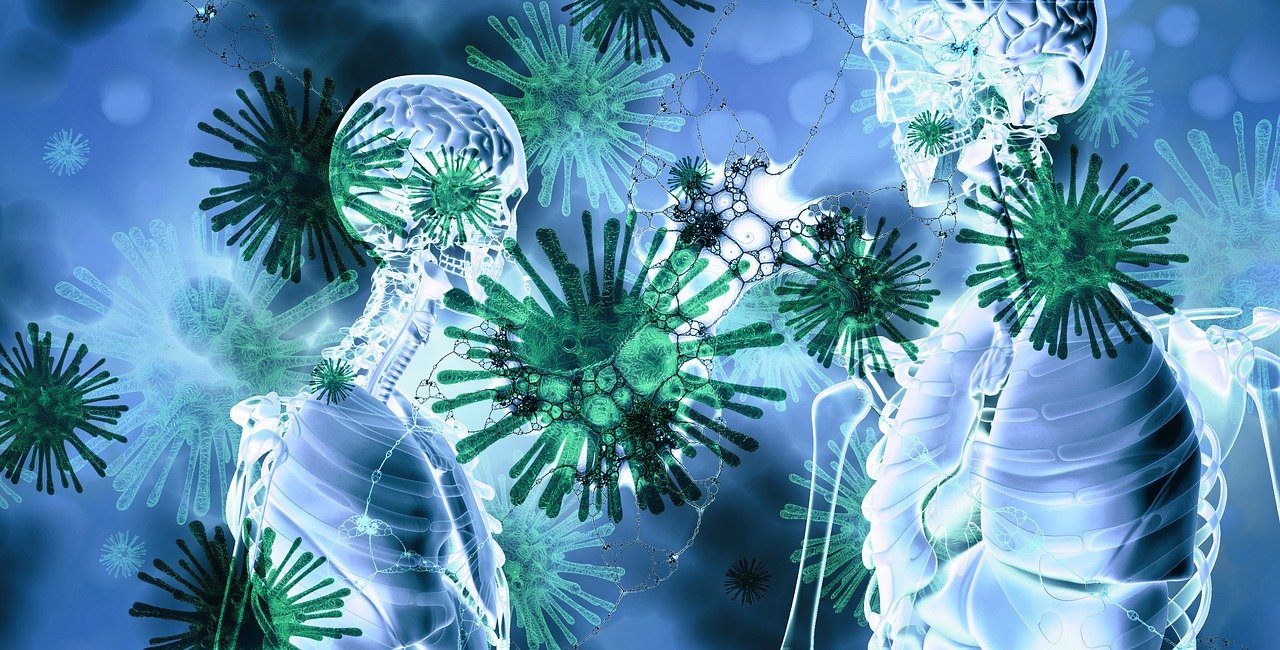


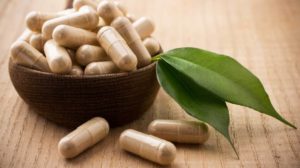 Ashwagandha contains many useful medicinal chemicals, including withanolides (steroidal lactones),
Ashwagandha contains many useful medicinal chemicals, including withanolides (steroidal lactones), 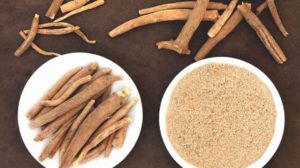 (Per
(Per 